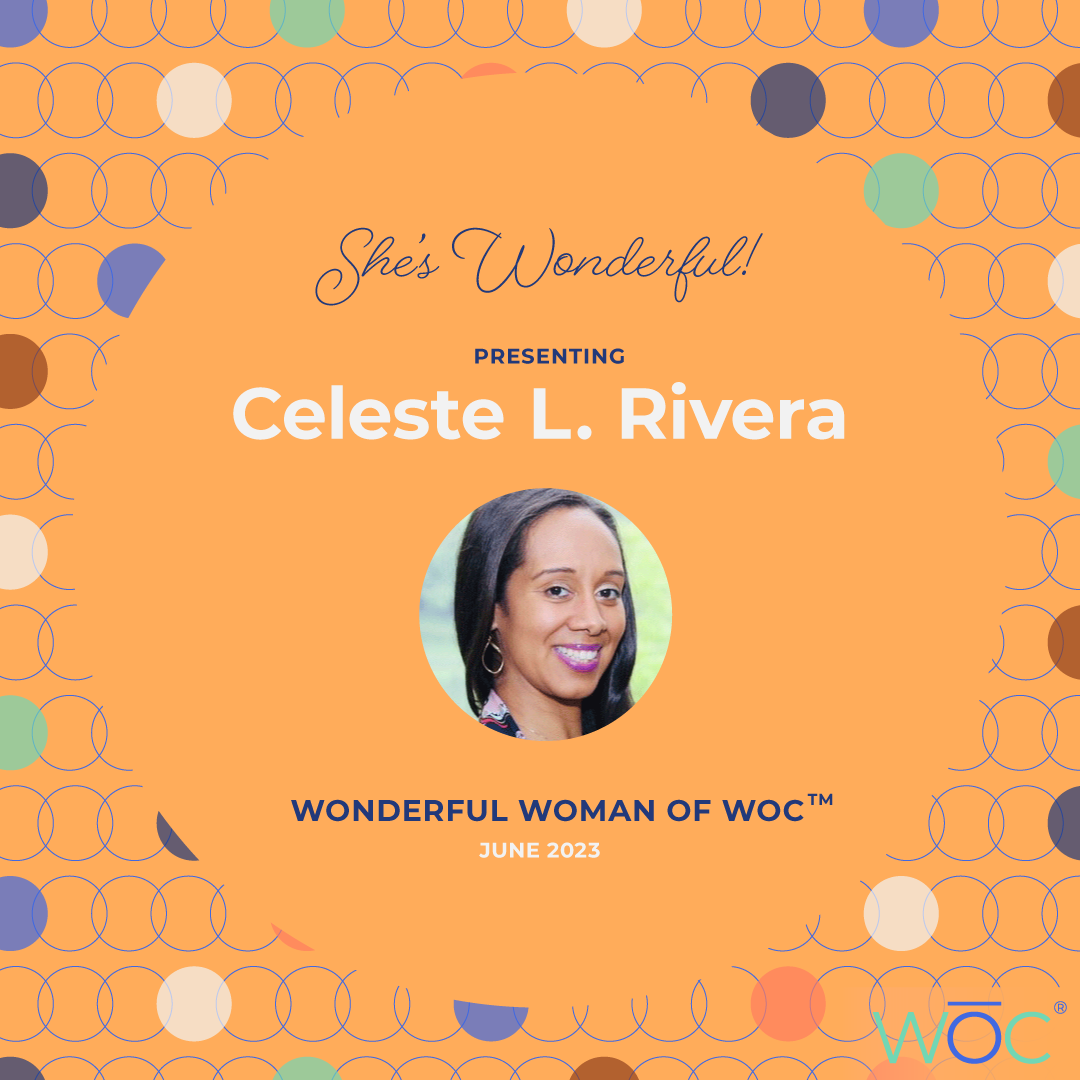Elaine Chu
Elaine Chu’s extensive 25-year career in the nonprofit sector showcases her dedication to enhancing charitable giving and community service. She currently serves as the Vice President of Philanthropic Strategies at Fidelity Charitable, which is committed to making philanthropy more accessible, simple, and effective. In this role, Elaine leads a team of Philanthropic Strategists, advising the charity's top donors on refining their giving strategies, engaging new generations, and identifying impactful funding opportunities.
Previously, Elaine was the Director of Philanthropic Services at the Seattle Foundation, where she was an expert in family and next-gen philanthropy, developing frameworks for collaborative funding and youth engagement.
Elaine holds a Charter Advisor in Philanthropy (CAP) certification from The American College of Financial Services and is a certified trainer with 21/64, specializing in multigenerational advising. She is also an active board member at Green River College, focusing on global workforce development and civic engagement. Elaine earned her Bachelor of Arts in Business Administration and Political Science and a Master of Public Administration from the University of Washington.
In Their Own Words
What are your favorite quotes?
Hali Lee
Founding Partner, Radiant Strategies
Founder, Asian Women Giving Circle
WOC National Advisory Committee Member
“The success of every woman should be the inspiration to another. We should raise each other up. Make sure you’re very courageous: be strong, be extremely kind, and above all be humble.” – Serena Williams
Who is your favorite woman fundraiser or philanthropist of color?
Six years ago, I met Hali Lee, whose insights profoundly reshaped my understanding of giving circles and collective giving. She illustrated how these platforms diversify and amplify philanthropic impact through resource pooling.
Hali is not only the founding partner of Radiant Strategies, a co-founder of the Donors of Color Network and a co-design team member for Philanthropy Together. She is also the founder of the Asian Women Giving Circle. This initiative supports Asian American women artists in New York City, using the arts to foster social change in their communities. Over the last 15 years, the circle has distributed over $1 million across eight projects.
Her innovative approach and leadership in creating equitable philanthropic spaces make Hali Lee my favorite philanthropist.
What inspired you to transition from a career in grant management to a career in philanthropy and fundraising?
I began my career as a grant writer, driven by curiosity about what happened to proposals after they were submitted. To satisfy this curiosity, I transitioned into committee roles where I could review proposals and decide on funding. However, I soon realized that this role did not allow me the flexibility to engage deeply with nonprofits or learn about their work beyond what was in their submissions.
This realization drew me back to fundraising, where I found my passion in working directly with individuals and families committed to specific causes or organizations. Building relationships with donors was incredibly fulfilling; their stories taught me about empathy and kindness in ways that were truly inspiring. Through these interactions, I also became familiar with donor-advised funds, which piqued my interest and led me back into the broader field of philanthropy.
For the past decade, I've focused on helping donors maximize their impact, leveraging my experience and the insights gained from my journey through grant management and fundraising.
Where do you want to be in three years?
I’m eager to tackle new challenges that will fuel my passion for innovation and creativity, aiming to bring more resources to nonprofits and communities. Over the next three years, I aim to push the limits of my comfort zone by taking on roles and responsibilities that will expand my skill set and deepen my expertise in philanthropy.
On a personal note, I am excited to channel my insights into philanthropy into writing. I plan to author a children’s book that introduces young children to the concept of giving, followed by a sequel aimed at preteens and teens to sustain and deepen their interest in giving back. I hope that these projects inspire a new generation to embrace philanthropy.
Do you have any advice for other women of color entrepreneurs in the realm of philanthropy and fundraising—whether they are in Canada, the United States, or the international WOC community at large?
Success for women of color in philanthropy and fundraising hinges on a few fundamental principles. Authenticity is crucial; staying true to yourself fosters trust and transparency, which are essential for effective collaboration with peers and change-makers.
Equally important is surrounding yourself with a supportive network that celebrates your successes and supports you through challenges. This network is invaluable in providing both moral and practical support.
Lastly, find mentors who offer candid feedback. Knowing your strengths is important, but recognizing your areas for improvement is critical. These mentors will push you to evolve and maximize your potential.





